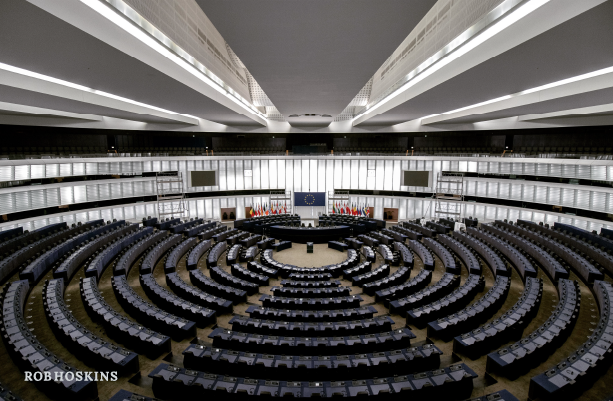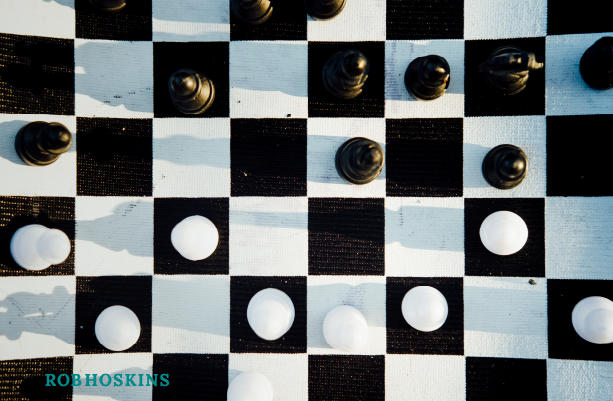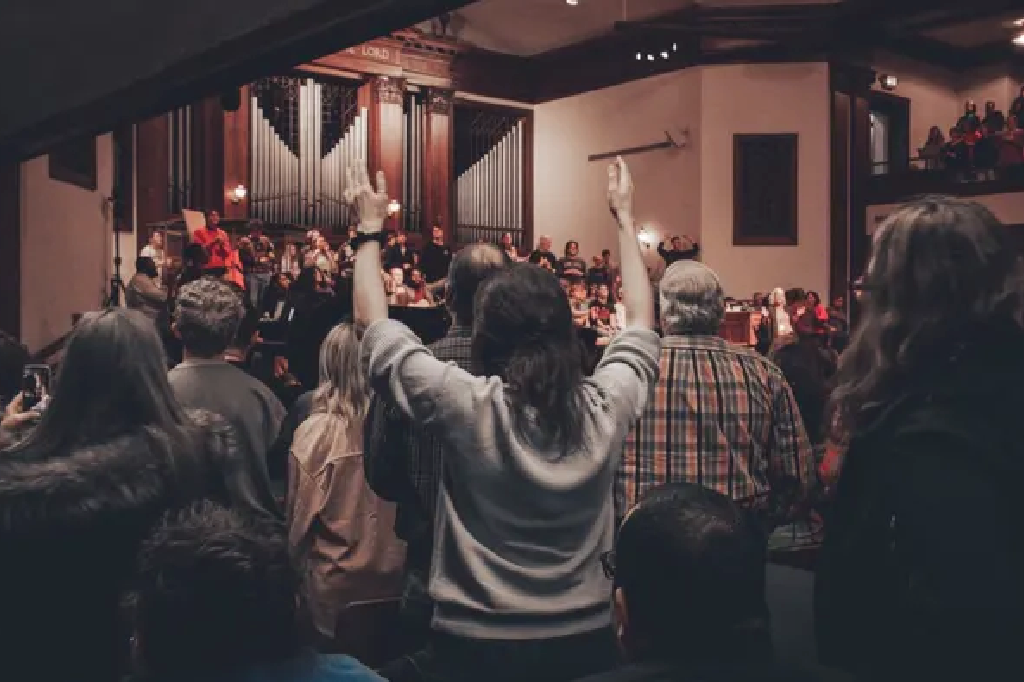It doesn’t seem appropriate or even natural to celebrate a holiday in a moment like the one we are living in right now. Easter eggs and bunny rabbits, family potlucks, Spring dresses and colorful bonnets do not quite fit the mood this year as our existential futures seem to hang in the balance.
However, I would propose that Easter has come at the exact right time. Not the trappings of Easter, not the superficial, materialistic event that we have crafted and engineered it to be. I’m talking about celebrating the real Easter. Understanding the moment when time, history, and eternity stood still. In small measure the Covid pandemic is an apocalyptic preface, a cultural moment that encompasses the whole world, where we have all been forced to stop, to take stock, to reflect about our times and our individual time-lines.
What has become ‘sacred’ to humanity in our lifetimes is not the laws of nature, but the created powers that govern our society and daily lives- our inventions, technologies, and institutions- we live our lives believing that what we have created; our smartphones, entertainment, government, transportation, education, business institutions, etc are more powerful than the laws of nature.
Every once in a while we are shaken out of our faith in what we have created to realize that the laws of nature hold far more power than anything we have created and come to rely on as critical. Wall Street, Hollywood, the New England Journal of Medicine, Silicon Valley, Washington, DC and every other representation of human power are held captive and exposed for what they are. Not evil, in and of themselves, but completely inadequate and ultimately powerless to the forces of creation. Revelation 18:10 makes it clear ‘Terrified at her torment, they will stand far off and cry: “‘Woe! Woe to you, great city, you mighty city of Babylon! In one hour your doom has come!’’
Covid19 is not the end of the world, but it is an apocalyptic foretaste, that is the end of the world we have known. These kairos moments in history are wake up calls to our human self-sufficiency and pride, tower of Babel moments that rightfully put into question how and why we live our lives.
Easter is the answer to all these questions. ‘The third day he rose again from the dead.’ is either utterly absurd and a farce or it is the crowning moment of history. It is either the foundation of everything we believe or it is meaningless, but it cannot be both.
As the theologian Karl Barth has so amply explained, “We must insist on the fact that we are not dealing with illustrations, or with exaggerations of some religious enthusiasm. If it is said: he has overcome and swallowed death, broken the chains of the devil and destroyed his power, this is so: it is done with, it is accomplished. After Christ’s resurrection death is no more, nor does sin rule. Indeed death and sin continue to exist, but as vanquished things” (The Faith of the Church). This is the triumph of Easter.
Barth uses the metaphor of chess to illustrate our present condition that the systems of the world that have not acknowledged what Christ has done at Easter are playing a futile game. Their situation is similar to a chess player’s who has already lost but has not acknowledged it as yet. He looks at the game, and he says: Is it already finished? Does the king still have another move? He tries it. Afterwards he acknowledges there was no more possibility of winning.
That precisely is the situation of death and sin and the devil: the king is checkmated, the game is finished and the players do not acknowledge it as yet. They still believe the game will go on. But it is over. The old aeon, the old time of death and sin is over, and the game only appears somehow to be going on. “The old things are passed away; behold, all things are become new” (2 Corinthians 5:17).
For us, as Christians, the moment of the resurrection, Easter, is the celebration of our victory over the powers of this world, it’s sickness, sin, evil, pain, and even death. Not that these things are not real, they are simply temporal.
Jesus came as a man, lived and died after 33 years, but the Third Day changed everything.
For 40 days he revealed himself in His glorified state to his disciples. Barth in his Church Dogmatics frames it this way, “The event of Easter is their prism through which the apostles and their communities saw the human being Jesus in every respect of His relation to them, as the One who “was, and is, and is to come.”
This is how we must celebrate Easter this year. In a kairos moment when the world is asking why? When the deficit of human answers are so weak, anemic, and inadequate, we celebrate the moment when all of life was reset by the person of Jesus. We must, with the same confidence of the early disciples, now see Jesus for who he is, what he did and the new life we have been given. Barth describes what life like this looks like:
During these forty days, the presence of God in the presence of the human being Jesus was no longer a paradox. In and with the presence of the human being Jesus during this time, in the unique circumstances of the forty days, His disciples make a decision between belief and unbelief. There takes place for them the total, final, irrevocable and eternal manifestation of God. (Karl Barth, Church Dogmatcs, Volume 3.2).
After 40 days came Pentecost, the promise of the Holy Spirit, which allowed not just that band of early disciples, but all disciples of all times, the ability to live in His manifest presence, assured of our citizenship in His Kingdom, not immune to Covid19 and all the other evils that are a result of the fallen state of our sinful world, but more than conquerors in the midst of this world. We should not just celebrate Easter as ‘our’ holiday, it is more than our birthday into new life, it is a calling, because Christ’s authority over human life and death was, on that day, intended to be made available to all people of all time. He wills to deliver all humanity of all time from the sting of sin, Satan, and death. This is the Good News. This Easter provides us with a unique, opportune moment to sing from the rooftops. The lyrics of my favorite Easter song from the group 2nd Chapter of Acts are ringing in my heart:
Hear the bells ringing
They’re singing that you can be born again
Hear the bells ringing
They’re singing Christ is risen from the dead
The angel up on the tombstone
Said He has risen, just as He said
Quickly now, go tell his disciples
That Jesus Christ is no longer dead
Joy to the world, He has risen, hallelujah
He’s risen, hallelujah
He’s risen, hallelujah
Hear the bells ringing
They’re singing that you can be healed right now
Hear the bells ringing, they’re singing
Christ, He will reveal it now
Joy to the world, He has risen, hallelujah
He’s risen, hallelujah
He’s risen, hallelujah, hallelujah
The angel up on the tombstone
Said He has risen, just as He said
Quickly now, go tell his disciples
That Jesus Christ is no longer dead
Joy to the world, He has risen, hallelujah
He’s risen, hallelujah
He’s risen, hallelujah, hallelujah






